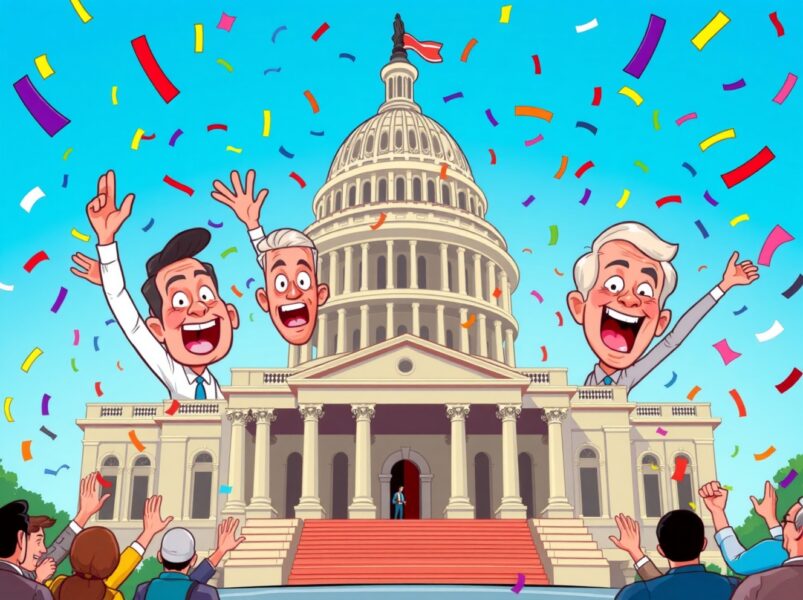MasterCard is one of the most recognizable brands on the planet.
getty
If you look up the definition of customer experience in the dictionary, you might find a picture of Lance Gruner, whose leadership, customer service and CX training come from his stints at some of the most recognizable brands on the planet, including Disney, The Ritz-Carlton and MasterCard, where he served as executive vice president of global customer care in his most recent role.
After retiring from MasterCard earlier this year, Gruner decided to share the lessons he learned from a lifetime of leadership and customer experience in his new book, Ten Things They Hate About You: A CX Playbook for Leaders. If keeping customers is important to you—and you know it is—then this is the next book you want to read.
I interviewed Gruner on an episode of Amazing Business Radio, and we talked about some of the most valuable lessons he learned from working for those iconic brands.
1. Walk the Property
Gruner says, “Today, a lot of leaders make decisions from the boardroom, but they rarely experience their customers’ friction points firsthand.” He learned the importance of “walking the property” from his days at the Ritz-Carlton, where he would walk through the hotel daily and notice what guests were seeing, smelling and experiencing. This “walk the property” ritual applies to any type of business. It simply means stepping outside of the office to buy and use the products you sell, just as a customer would. Or calling the company to ask a question during busy times. Observe the experience from the customer’s point of view. To make good decisions, you must experience what customers experience.
2. Pick Up the Trash
Employees pay attention to their leaders, and they notice everything. One of the most powerful leadership principles Gruner shared was how leaders teach everyone else how to act at work. We talked about his days at Disney and how Walt Disney used to walk the property. All cast members (Disney’s term for employees) paid close attention to Mr. Disney. They noticed whether he walked by a piece of trash or stooped down to pick it up and throw it away. Gruner says, “If a leader walks past a piece of paper on the ground and doesn’t pick it up, you condone that activity.” In other words, as a leader, you are giving permission for your employees to do the same. Picking up trash is a metaphor. Make sure the behaviors you model are the ones you want your team to repeat.
3. Pay Attention to Details
Small details make a big difference. It’s often the little things customers remember. Gruner insists that companies pay attention to every touchpoint, no matter how minor, to find opportunities to enhance the experience and earn a customer’s trust. Details aren’t just details. They can be the difference between losing a customer or creating a fan for life.
4. Automate Where You Can
One of my favorite questions to ask high-level execs in the CX world is whether or not AI will take away jobs. Every one of them has said, “No,” and Gruner agrees, saying, “AI is going to automate the simple things that you currently have your team doing, freeing up time for them to really take care of customers.” By removing the simple, mundane tasks, employees have more time to focus on complex issues and do what AI can’t do, which is old-fashioned human-to-human relationship building.
5. The Top Reason a Customer Hates You
Hate is a strong word. Using that word implies customers do not want to do business with you. To wrap up our interview, I asked for one lesson from his book, Ten Things They Hate About You, that we must know. His answer was quick, simple and something we already know (and have probably experienced). It’s having to deal with untrained and unempowered employees. When companies look to cut costs, one of the first areas they cut is training. Yes, taking people away from their normal productive responsibilities to train them is expensive, but what happens when you don’t? What happens when a customer interacts with an employee who hasn’t been properly trained or doesn’t have the knowledge to help the customer resolve their problem? We know what happens … the customer disappears.
Final Words
Customer experience isn’t built in a boardroom. It’s built where your customers live, buy and interact with your brand. Gruner’s insights remind us that the best leaders stay close to the front line, empower their people and never stop paying attention to the little things. That’s how you turn ordinary moments into extraordinary ones, and keep your customers saying, “I’ll be back!”
Source: https://www.forbes.com/sites/shephyken/2025/11/02/cx-leadership-insights-from-disney-the-ritz-carlton-and-mastercard/


